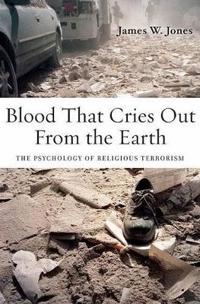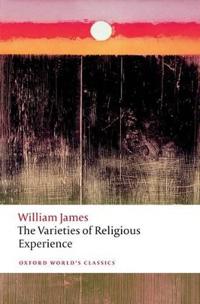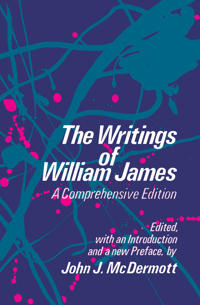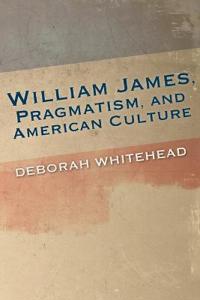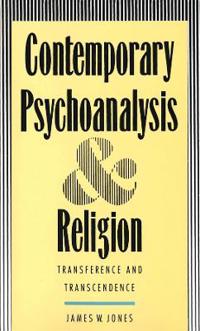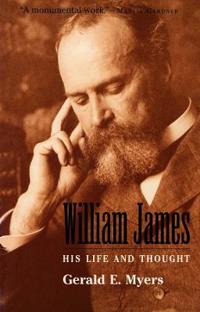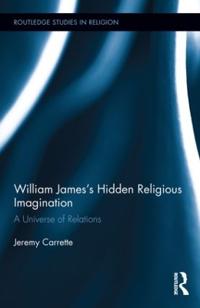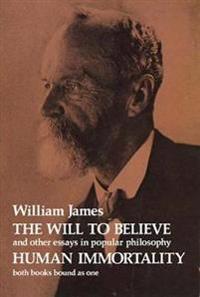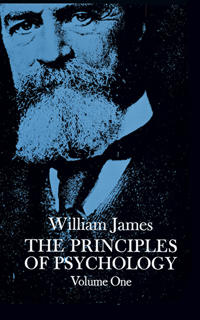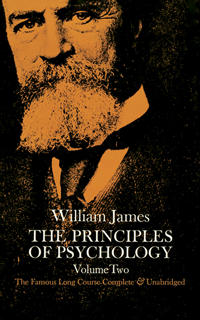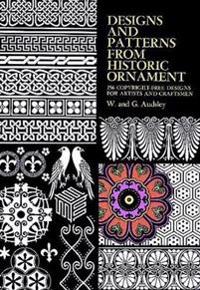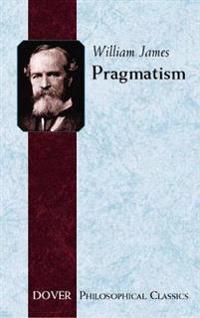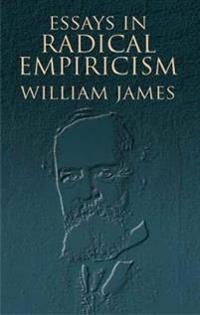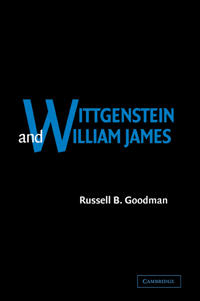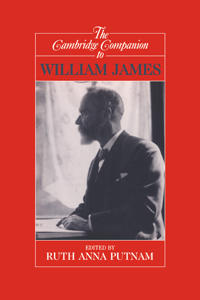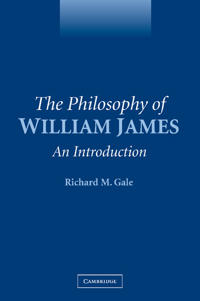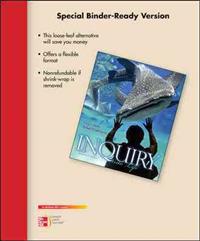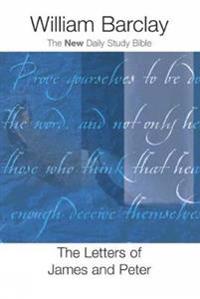Blood That Cries Out from the Earth (Inbunden)
avJames William Jones
ISBN: 9780195335972 - UTGIVEN: 2008-04Religious terrorism has become the scourge of the modern world. What causes a person to kill innocent strangers in the name of religion? As both a clinical psychologist and an authority on comparative religion, James W. Jones is uniquely qualified to address this increasingly urgent question. Resea[...]
The Varieties of Religious Experience (Häftad)
avWilliam James
ISBN: 9780199691647 - UTGIVEN: 2012-06'By their fruits ye shall know them, not by their roots.' The Varieties of Religious Experience (1902) is William James's classic survey of religious belief in its most personal, and often its most heterodox, aspects. Asking questions such as how we define evil to ourselves, the difference between[...]
Solo: A James Bond Novel (Häftad)
avWilliam Boyd
ISBN: 9780224097482 - UTGIVEN: 2013-09-231969. A veteran secret agent. A single mission. A licence to kill. James Bond returns.
The Writings (Häftad)
avWilliam James
ISBN: 9780226391885 - UTGIVEN: 197801Autobiographical, philosophical, and scientific writings of the nineteenth-century scholar demonstrate his relevance to the intellectual trends of modern thought[...]
Task Centered Practice (Inbunden)
avWilliam James Reid, A. L. Epstein
ISBN: 9780231040723 - UTGIVEN: 1977-01-01William James, Pragmatism, and American Culture (häftad)
ISBN: 9780253018229 - UTGIVEN: 2016-01William James, Pragmatism, and American Culture focuses on the work of William James and the relationship between the development of pragmatism and its historical, cultural, and political roots in 19th-century America. Deborah Whitehead reads pragmatism through the intersecting themes of narrative, [...]
Contemporary Psychoanalysis and Religion (Pocket)
avJames William Jones
ISBN: 9780300057843 - UTGIVEN: 199308Challenges Freud's view of religion as one-way transference. Using examples from clinical cases, Jones argues instead that religious experiences, doctrines and practices reflect the internalized interpersonal patterns that constitute our sense of ourselves.[...]
William James (Häftad)
avGerald E. Myers
ISBN: 9780300089172 - UTGIVEN: 200105This magisterial book is the first comprehensive interpretive and critical study of one of America's foremost philosophers and psychologists. Gerald Myers traces James's life and career and then uses this fresh biographical information to illuminate his writings and ideas.[...]
Fundamentals of Advanced Accounting (Inbunden)
avFischer, Paul Marcus, Ph.D., William James Taylor, Cheng, Rita Hurtung, Ph.D.
ISBN: 9780324378900 - UTGIVEN: 2007-03-09William James's Hidden Religious Imagination
ISBN: 9780415828635 - UTGIVEN: 2013-05This book offers a radical new reading of William James's work on the idea of 'religion.' Moving beyond previous psychological and philosophical interpretations, it uncovers a dynamic, imaginative, and critical use of the category of religion. This work argues that we can only fully understand James[...]
The Will to Believe and Human Immortality (Häftad)
avWilliam James
ISBN: 9780486202914 - UTGIVEN: 195606The Principles of Psychology (Häftad)
avWilliam James
ISBN: 9780486203812 - UTGIVEN: 195712Volume 1 of the famous long course, complete and unabridged. Stream of thought, time perception, memory, experimental methods--these are only some of the concerns of a work that was years ahead of its time and is still valid, interesting and useful. "He had said it all, and it is all there. It's an [...]
The Principles of Psychology (Häftad)
avWilliam James
ISBN: 9780486203829 - UTGIVEN: 195712Vol 2
Volume 2 of the famous long course, complete and unabridged. Stream of thought, time perception, memory, experimental methods--these are only some of the concerns of a work that was years ahead of its time and is still valid, interesting and useful. "He had said it all, and it is al[...]Designs and Patterns from Historic Ornament (Pocket)
avWilliam James Audsley
ISBN: 9780486219318 - UTGIVEN: 196806Psychology (Pocket)
avWilliam James
ISBN: 9780486416045 - UTGIVEN: 2001-05Condensed and reworked from James's monumental "Principles of Psychology, this classic text examines habit; stream of consciousness; self and the sense of personal identity; discrimination and association; the sense of time; memory; perception; imagination; reasoning; emotions, instincts; the will a[...]
The Varieties of Religious Experience (Pocket)
avWilliam James
ISBN: 9780486421643 - UTGIVEN: 2002-08The Varieties of Religious Experience was an immediate bestseller upon its publication in June 1902. Reflecting the pluralistic views of psychologist turned philosopher William James, it posits that individual religious experiences, rather than the tenets of organized religions, form the backbone of[...]
Wittgenstein and William James
ISBN: 9780521038874 - UTGIVEN: 2007-07This 2002 book explores Wittgenstein's long engagement with the work of the pragmatist William James. In contrast to previous discussions Russell Goodman argues that James exerted a distinctive and pervasive positive influence on Wittgenstein's thought. For example, the book shows that the two philo[...]
Digital Design (Inbunden)
avWilliam James Dally, R. Curtis Harting
ISBN: 9780521199506 - UTGIVEN: 2012-09-17Provides students with a system-level perspective and the tools they need to analyze and design complete digital systems using Verilog.[...]
The Cambridge Companion to William James
ISBN: 9780521459068 - UTGIVEN: 1997-06William James (1842?1910) was both a philosopher and a psychologist, nowadays most closely associated with the pragmatic theory of truth. The essays in this Companion deal with the full range of his thought as well as other issues, including technical philosophical issues, religious speculation, mor[...]
The Philosophy of William James (Pocket)
avRichard M. Gale
ISBN: 9780521549554 - UTGIVEN: 2004-10This is an accessible introduction to the full range of the philosophy of William James. It portrays that philosophy as containing a deep division between a Promethean type of pragmatism and a passive mysticism. The pragmatist James conceives of truth and meaning as a means to control nature and mak[...]
William James: In the Maelstrom of American Modernism (Häftad)
ISBN: 9780618919895 - UTGIVEN: 2007-12

